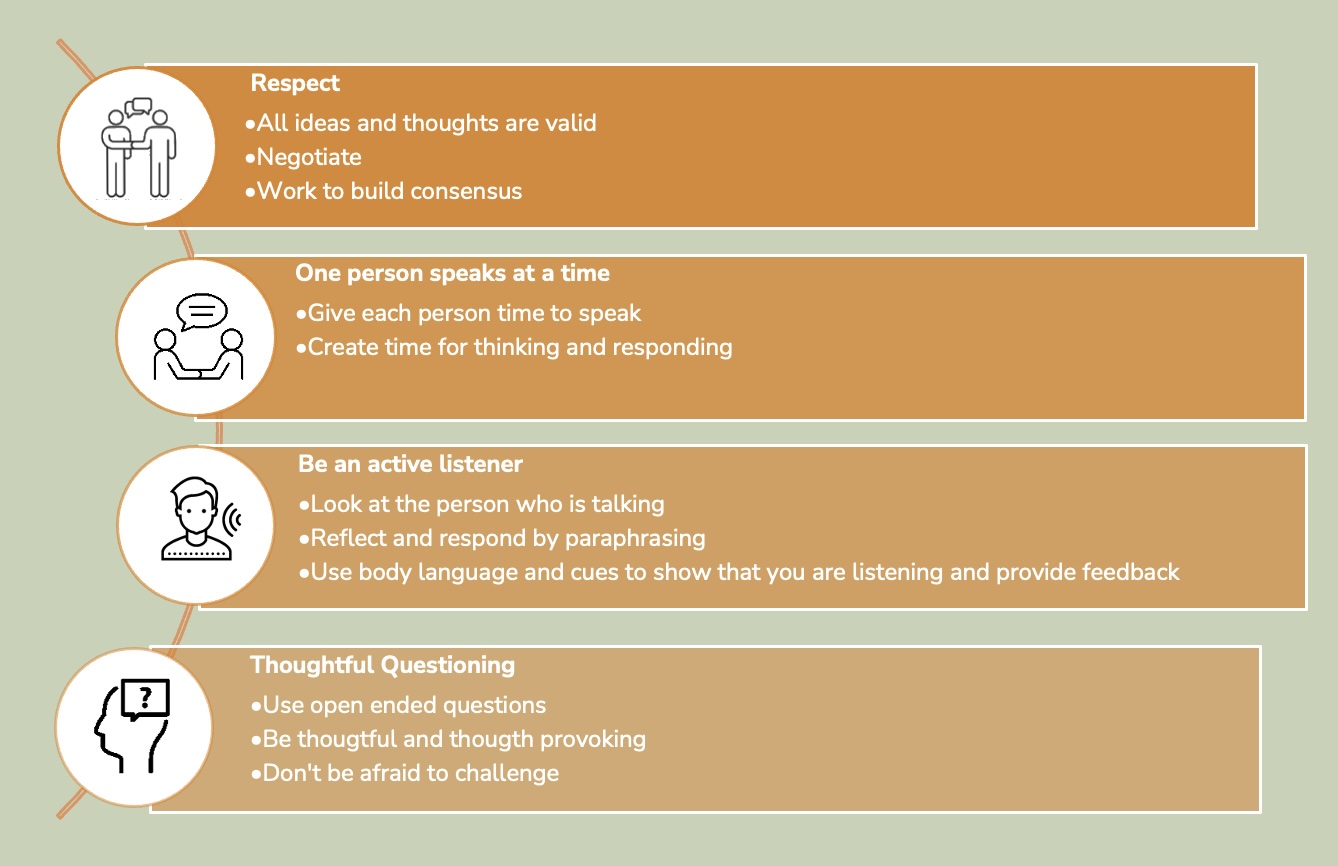Curriculum
Curriculum Intent Statement
The child is at the centre of our Inclusive Learning Community, rooted in God, where all children are cared for, supported and nurtured. We have high expectations of all, so they fulfil their God given aspirations within and outside our small school community. Our school is built on positive relationships, based on trust, respect and curiosity, where everyone’s unique contributions are valued. As such, our ambitious curriculum has been designed and developed to expose our children to enriching experiences, which enable them to be immersed in progressive knowledge and skills, whilst also equipping them with the personal characteristics required to succeed in life. We are proud of the way in which we ensure that the unique contexts of the school is reflected in the curriculum.
Our curriculum meets all of the statutory requirements of the Early Years Foundation Stage Curriculum and the Primary National Curriculum, including RSE and RE (which is taught in line with the Kent Agreed Syllabus). The curriculum sets out what learners of all ages will get out of their educational experience from the moment that they enter our schools to the point at which they leave.
The curriculum is broad and balanced and has clear aims for the programme of education in each subject. The knowledge and skills to be gained at each stage are clearly determined, in addition to opportunities for deepening learning and are set out within individual curriculum maps. The curriculum maps identify knowledge and skills to be taught, understood and applied in each year. Teachers and leaders use these expectations within their planning and assessment, particularly in ensuring that children have the pre-requisite knowledge and skills to progress within the curriculum.
Throughout the curriculum, there are planned opportunities to deepen knowledge and understanding and to develop children’s spiritual, moral, social and cultural understanding as well as promoting children’s understanding of Fundamental British values.
We recognise that some of our children experience barriers to their learning. These include how some children perceive themselves as learners; their willingness to take risks with their learning and try again; richness to their vocabulary and showing respect for others. When planning our curriculum, we are mindful of these barriers as we aim to develop children who are creative, are problem solvers and collaborate when learning. To achieve these learning behaviours, language of learning and collaborative skills are taught.
Inclusive practices which include all learners in the whole class teaching are embraced across the federation and teachers plan for each child with a clear understanding of where they are in their learning journey. Pupils with Additional or Special Educational Needs and Disabilities (SEND) are supported through adaptations in Quality First Teaching as per the Mainstream Core Standards and by provision planned through each class’s provision plan. Individual children are also supported through personalised provision plans. There is inclusive access to all areas of the curriculum and we make reasonable adjustments to ensure that all children access the full curriculum offer.
As a result of the design of our curriculum, the key aims are for our children to:
- learn to read as a priority, in order that they are able to master curriculum content as well as achieve a sense of wellbeing through a love of reading;
- have high levels of oracy which enable them to articulate their ideas, develop understanding and engage with others in collaborative learning practices;
- be confident, independent and resilient learners;
- be curious about the world around them and in their learning, wanting to know, remember and do more;
- demonstrate our school values of wisdom, hope, trust and friendship;
- uphold our children’s charter, being kind and inclusive and showing empathy and compassion whilst valuing everyone’s unique contribution;
- understand their community - locally, nationally and globally and become active citizens who have a strong cultural knowledge and understand how they can advocate for themselves and others;
- have aspirations for their future and have a belief that these can be reached with hard work and determination;
- be prepared for life beyond our schools, achieving academically across the curriculum and through strong personal and character development, making a positive contribution to the world around them.
Curriculum Implementation
Awaiting content
Curriculum Impact
Accordion content
Pedagogical Approaches
We recognise that curriculum is distinct from pedagogy, which is how the curriculum is taught. Central to ensuring that the curriculum is implemented effectively, we devote time to ensuring that staff have a deep understanding of pedagogy and effective pedagogical approaches across the curriculum.
Learning has been defined in cognitive psychology as an alteration in long-term memory:
“If nothing has altered in long-term memory nothing has been learned.”
Progress, therefore, means knowing more (including knowing how to do more) and remembering more. When new knowledge and existing knowledge connect in learners’ minds, this gives rise to understanding. As learners develop unconscious competence and fluency, this will allow them to develop skills. Progress should not be defined by hitting the next data point. Rather, if learners attain within a well-sequenced, well-constructed curriculum, they are making progress.
Consultation Outcome – Education inspection framework 2019, inspecting the substance of education, 29 July 2019
In developing our understanding of pedagogy, we draw upon the research within the Education Endowment Foundation (EEF) Research and Toolkits in addition to using significant research and work in the area of cognitive science, educational theory and child development. Notably, we consider the work of Rosenshine and Sweller when developing approaches to pedagogy.
Collaboration
Collaboration takes place when members of an inclusive learning community work together as equals to achieve or do something.
Collaborative learning isn’t something that is ‘done to’ anyone: it is a behaviour and an approach adopted by the whole school community.
Skills for collaboration

These skills are underpinned by our school values of wisdom, hope, trust and friendship as well as the expectations of our children’s charter where we are ready, respectful and safe.
By working collaboratively, we also hope that curiosity, kindness, empathy and compassion are developed within each individual.
Independence
Independence is a really important part of character education. Children need to be supported to develop independence for lots of different reasons, both personally, socially and academically.
Independence is a life skill and helps to build:
Confidence ~ Resilience ~ Perseverance ~ Self-esteem ~ Hope
Independence enables children to strengthen links and develop long term memory as well as being equipped to tackle challenges when an adult isn’t there.
We believe that there are two aspects to promoting independence. The first being what we expect independence to look like for the child and the second being what adult behaviours should look like in promoting independence.
Children will show that they are independent by demonstrating their knowledge and understanding in a range of contexts without an adult and by:
- Using the learning environment / models without being prompted
- Working with a learning partner
- Recording independently – demonstrating what they can do on their own
- Demonstrating high levels of engagement and confidence in learning
- Having a sense of pride and accomplishment
- Presenting with high levels of wellbeing and involvement
Adults will have a clear understanding about what a child can do and not make assumptions about what a child can’t do. They will promote independence by:
- Taking on the role of observer/facilitator (supporting formative assessment)
- Catching the child in the moment
- Being a facilitator / signposting– modelling how to use the learning environment
- Using open questions and prompts
- Regular checking with the child – against the success criteria and exemplification
- Stepping away to give the child time to think, process and apply their knowledge and skills
We aim to adopt a consistent approach to independence and use our Independence Model to support everyone in understanding how we move to independence in our learning. We recognise that independence is fluid and may look different for each individual across the curriculum.
Throughout all learning, we ensure that there is always time for observing, practising, reviewing, questioning and thinking. We reinforce the importance of learning from errors and mistakes, reflecting on what needs to be done differently next time.
